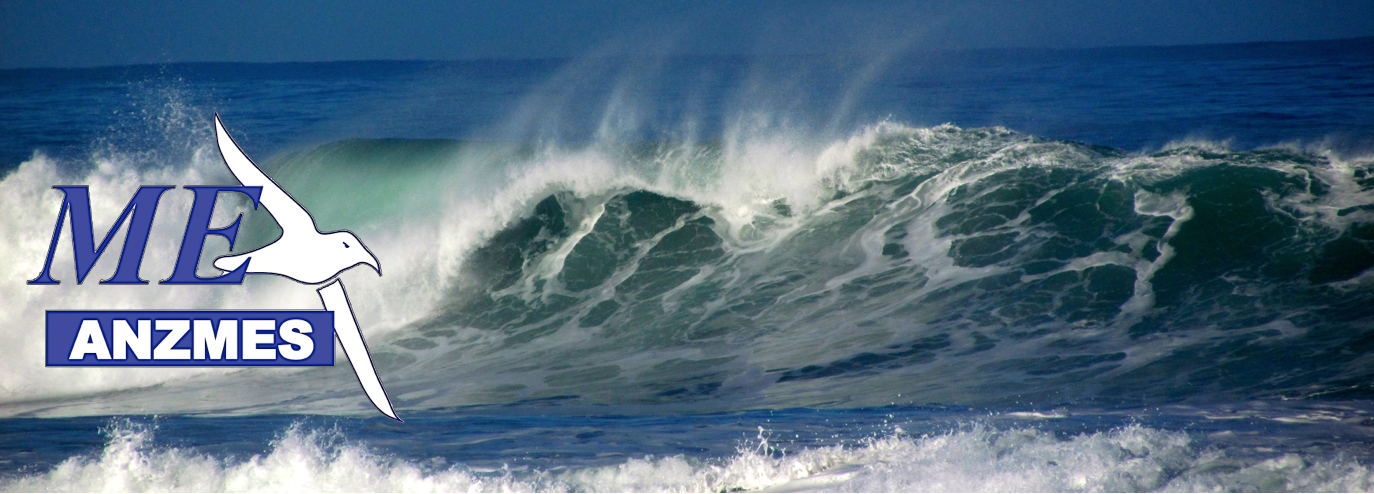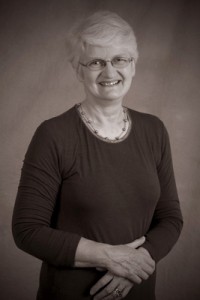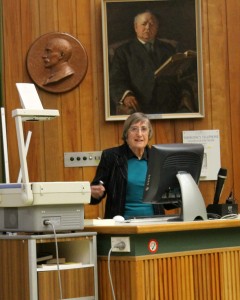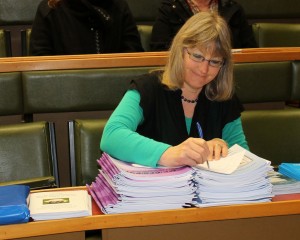Responses from Main parties to ANZMES query as to what they would do for those with ME/CFS.
Maori Party’s response to enquiry from ANZMES regarding Ministry of Health response to Health Select Committee recommendations on policy re ME/CFS
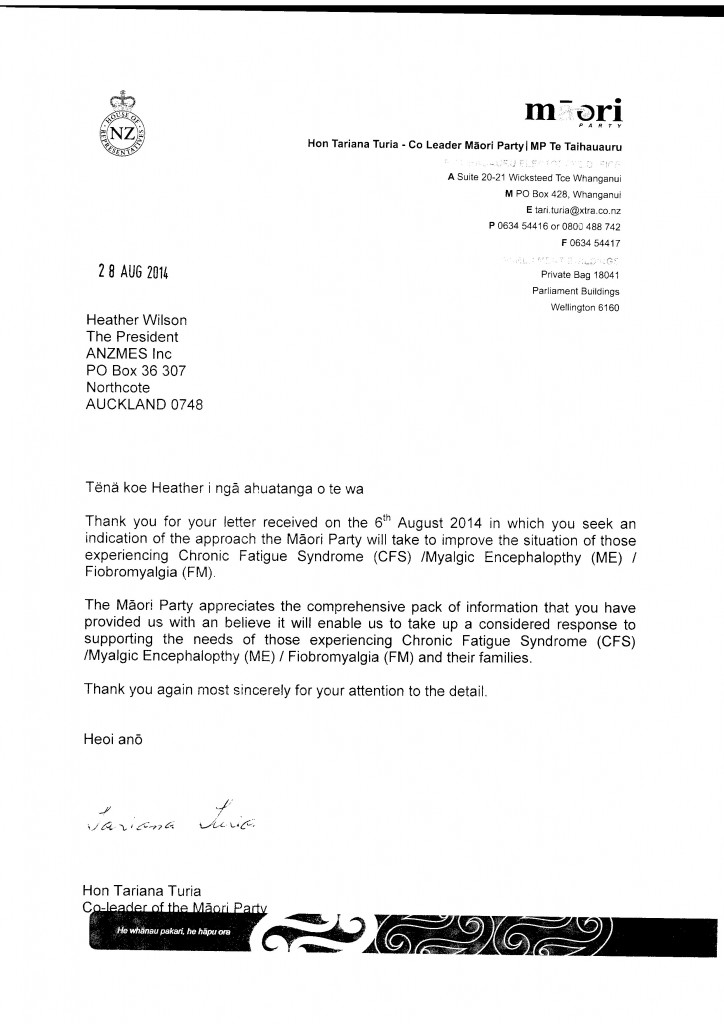
The Green Party’s response to the inquiry from ANZMES regarding their Health response to Health Select Committee recommendations on policy
Green Party is concerned that ANZMES reports there appears to have Committee’s recommendations in response to the petition of Wendy Matthews and others.
If the Green Party is part of the Government following the election we will endeavour to ensure that the Ministry of Health prioritises the implementation of the Health Select Committee’s recommendations, both with regard to implementing best practice guidelines for caring for CFS/ME sufferers and with regard to support for the research into CFS/ME being conducted by the University of Otago team headed by Professor Warren Tate.
Regardless of whether the Greens are in Government following the election, we will be happy to engage with ANZMES following the election to discuss how we can best assist in getting the Health Select Committee’s recommendations implemented in as timely a manner as possible.
Authorised by Kevin Hague MP, Parliament Buildings, Wellington
National Party response to the inquiry from ANZAMES regarding their Health response to Health Select Committee recommendations on policy re CFS/ME
The National Party appreciates the daily and severe challenges faced by sufferers of Chronic Fatigue Syndrome (CFS), which is classified as a chronic health condition.
It is because of our appreciation of the importance of good health and the importance of access to the best possible health services for all New Zealanders that over the last six years spending on public health services has been our top priority. In the last six years, as a result of the Global Financial Crisis reducing Government incomes, many advanced nations have had to freeze or even reduce their spending on social services, including health services.
In contrast, in New Zealand the National Government has taken a more measured, long term approach which has involved maintaining or increasing spending levels on social services funded by borrowing over the last six years, while returning New Zealand to growth and a balanced budget.
While formal responsibility for funding long-term support services for people with chronic health conditions resests with DHBs, the Ministry of Social Development (MSD) provides benefits and allowances that this group can apply for. We understand several hundred people with CFS/ME or fibromyalgia are currently receiving sickness benefit.
If required, people with CFS can access long-term support services through DHBs . The Ministry has written to the Royal NZ College of General Practitioners and the Royal Australasian College of Physicians inviting them to develop CFS guidelines. There is an opportunity for NZ to adapt guidelines on the care of people with CFS developed in the UK by NICE. The NICE guidelines are the best available evidence-based advice for the management of CFS/ME.
Research Research into these areas is being undertaken worldwide, and New Zealand is making its modest contribution, with a small dedicated research programme at the University of Otago, under Professor Warren Tate. There are other small pockets of research elsewhere around the country. Owing to a small health research base and limited funds, New Zealand makes a modest contribution in this area of research. The Health Research Council’s approach is largely
based on responsive research grant funding: investigators and research teams are
encouraged to apply for research grants, which are then awarded on a competitive basis.
The research teams in New Zealand who are interested in expanding their research
activities in this area should therefore be encouraged to submit research grant
applications to the Health Research Council.
Education.
National agrees with better education and awareness of the needs of CFS/ME suffering.
The Royal New Zealand College of General Practitioners is responsible for the training
and continuing professional development of GPs. The College should ensure that GPs
are given up-to-date training and information about how to diagnose and manage people
with long term conditions which, along with a number of other conditions, include
CFS/ME and fibromyalgia.
Finally, I would like to advise of a positive new approach to managing pain at an integrated primary care level that a re-elected National Government will lead.
A re-elected National government will invest $50 million extra of new money over the next three years in a plan to help New Zealanders live free from bone, muscle and joint pain and provide thousands more people with elective surgery.
Experts tell me with earlier intervention we could improve the quality of life for many people suffering from what’s termed musculoskeletal pain, such as osteoarthritis.
We will invest $6 million to create primary care based early intervention teams that will identify patients who are likely to suffer from bone, muscle & joint conditions in the future and support them to make changes to help prevent patients heading down the path towards surgery.
The teams will work with a range of community health services such as GPs, dieticians and physiotherapists and will be coordinated through general practice. There will also be close links with hospital services such as rheumatology, orthopaedic and pain services.
They will provide nutrition and lifestyle advice, assist with pain management and provide education so patients can better manage their condition themselves.
This approach will enable some patients to be treated early enough to maintain independence. Others however will require surgery.
Reducing pain, increasing patient mobility and independence, and increasing elective surgery is a priority for this National-led Government.
Summary. Over the next three years, National will build on the positive progress made in health services, with a particular focus on:
– continuing to invest more in public health services as this can be afforded,
– bringing more health care services closer to home,
– place even more emphasis on primary care and prevention,
– while continuing to deliver more and better hospital services.
|
The Labour Party’s response to the inquiry from ANZMES regarding their Health response to Health Select Committee recommendations on policy
Labour introduced the Care Plus programme, which subsidises four GP visits and the implementation of a wellness plan for people with long-term health conditions including arthritis or other serious health needs but currently stringent conditions must be met before people are eligible. Labour believes that many more New Zealanders with serious long-term health conditions would benefit from the extra care and cost savings offered by Care Plus, so we are expanding it. Labour will ensure all four GP visits each year in the Care Plus programme are free. In addition to extending and improving Care Plus, Labour will remove the cost people with long-term health conditions endure due to their high use of prescription medicines. Labour will make prescriptions free for all people with long-term health conditions in the Care Plus programme, regardless of age. We will also include testing for uric acid in vulnerable populations.
